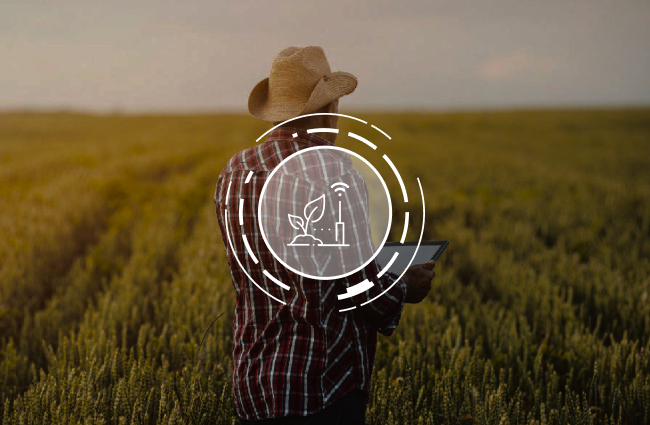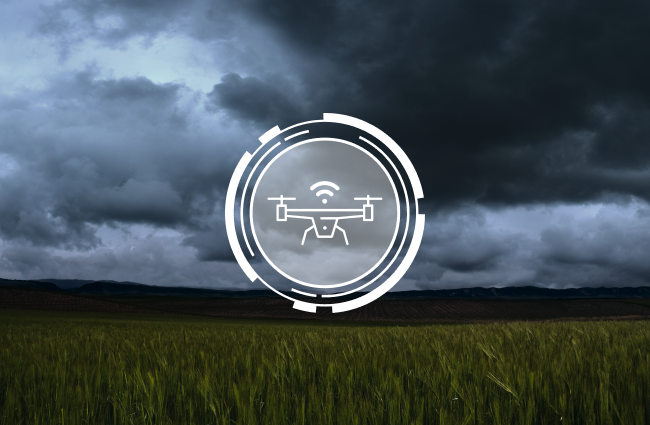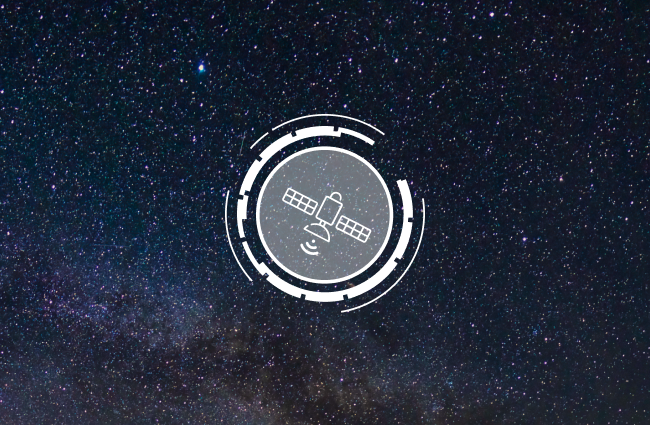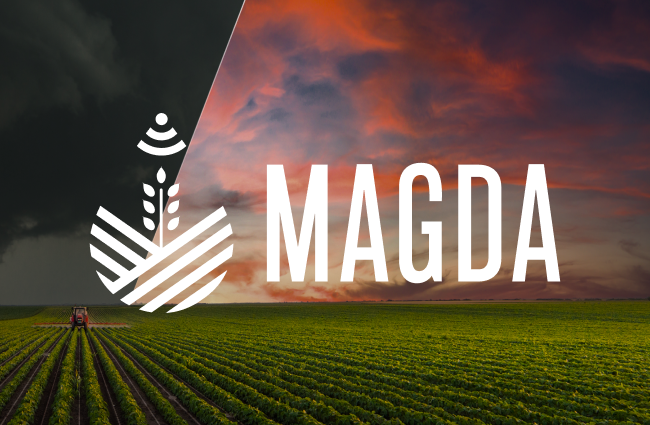Project Background

Climate Change is expected to produce an increase of severe weather events in Europe, including torrential rain, heat and cold waves as well as weather conditions that favour agricultural pests and diseases. MAGDA will improve site-specific weather forecasts as well as irrigation advisories which will proactively contribute to protecting crops from severe weather impacts, decreasing both food production losses due to adverse weather, but also water consumption due to mismanaged irrigation. MAGDA is contributing to the Sustainable Development Goal 12 (“Ensure sustainable consumption and production patterns”) and 13 (“Climate Action”), as well as to the EU´s Common Agricultural Policy (CAP).
These targets will be achieved by setting up a database of variables of interest, and an assimilation system to feed a numerical weather prediction model, which in turn drives a hydrological model for irrigation performance and water accounting to assess water use and related productivity. In addition to already existing observational networks, new dedicated networks of sensors, including GNSS and drones, to monitor atmospheric variables at high spatial resolution will be deployed in the vicinity of large farms and cultivated areas, to provide data with high spatial and temporal resolutions for the assimilation into the weather model. The delivery of the augmented forecasts and irrigation advisories to farmers will be enabled by a dedicated dashboard and APIs to already existing Farm Management Systems.


The MAGDA project aims at developing a toolchain for atmosphere monitoring, weather forecasting, and severe weather/irrigation/crop monitoring advisory, with GNSS (including Galileo) at its core, to provide useful information to agricultural operators. Specifically, MAGDA will deal with the assimilation of different satellite-borne, drone-borne, ground-based weather radar, and in-situ weather observations into very high-resolution numerical weather prediction models, and with the delivery of meteorological products for severe weather warnings and advisories to farmers by either a dedicated dashboard or by interfacing with a Farm Management System. The tools developed within MAGDA will represent the technical and methodological components based on which services to support agricultural operations will be defined.
Project Facts

Duration: 11/2022 to 04/2025
Programme: Horizon Europe
Call: HORIZON-EUSPA-2021-SPACE
Topic: HORIZON-EUSPA-2021-SPACE-02-51
Type of action: IA – Innovation Action
Reference: 101082189
Project Impacts

Improved site-specific weather forecasts and irrigation advisories will contribute to limiting both food production losses due to adverse weather and water consumption due to mismanaged irrigation

Widened adoption of cost-effective GNSS technology, as well as of meteodrones, in the context of agriculture and farming sites to mitigate increasingly severe weather conditions

Improved management of water for irrigation, based on the observed current conditions of the soil as well as on forecasted hydrological processes

Enhanced commercial exploitation and funding capabilities of the organizations providing space-tech by raising awareness and interest among the relevant stakeholders

Increased scientific understanding of measuring and modelling techniques in the context of high-resolution and short-time weather prediction as well as hydrological models and irrigation advisories